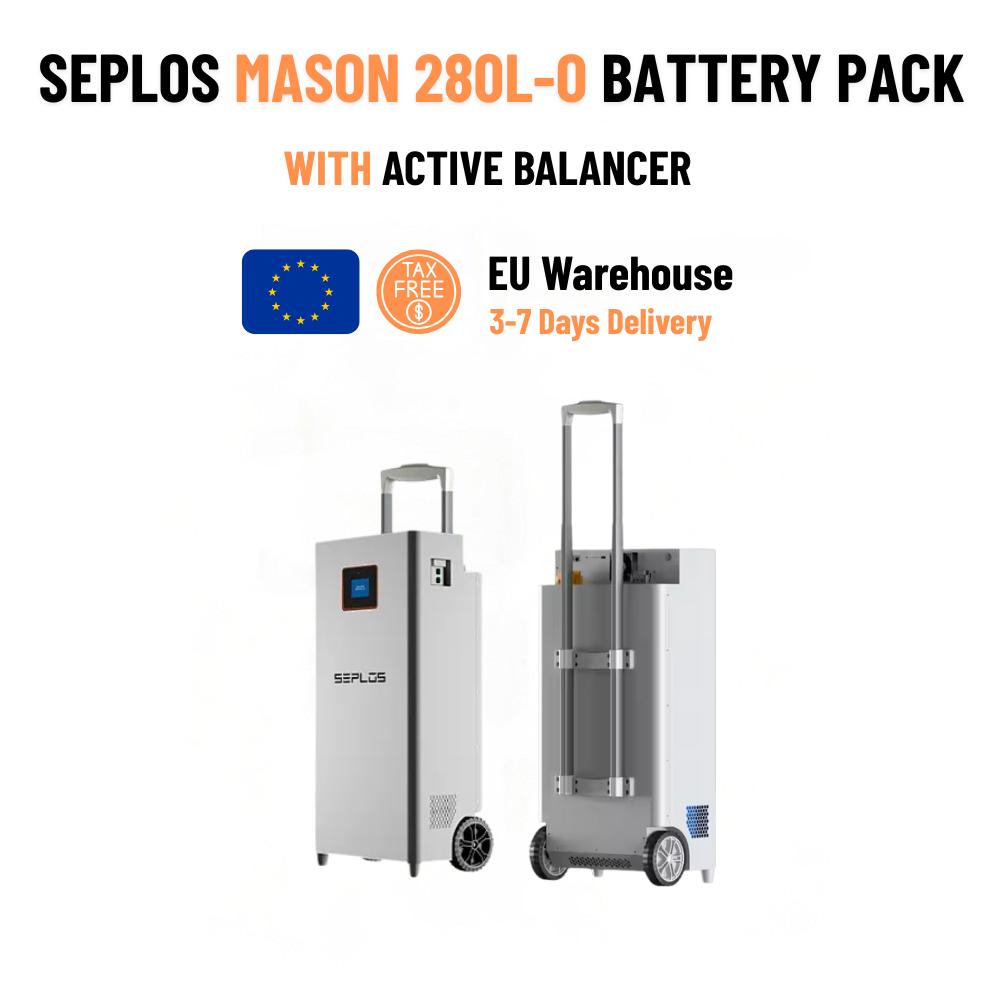
How Solid-State Batteries Are Shaping the Future of Solar Storage
The future of solar energy storage is rapidly evolving, and one of the most promising advancements in energy storage technology is the development of solid-state batteries. Unlike traditional lithium-ion batteries, solid-state batteries offer numerous advantages that can significantly improve the efficiency, safety, and longevity of solar energy systems. In this blog, we will explore how solid-state batteries are revolutionizing solar storage and why they are poised to play a key role in the future of renewable energy.
1. Enhanced Safety: A Game Changer for Solar Storage
One of the primary concerns with conventional lithium-ion batteries used in solar storage is safety. These batteries can overheat, catch fire, or even explode under certain conditions, particularly when damaged or subjected to high temperatures. In contrast, solid-state batteries use a solid electrolyte instead of a flammable liquid one, greatly reducing the risk of fires or leaks.
Why This Matters for Solar Storage:
- Solar installations are often placed in areas that experience fluctuating temperatures, so the safety of the battery storage system is crucial. Solid-state batteries are inherently safer, making them a more reliable option for residential and commercial solar systems.
2. Increased Energy Density for Longer-Lasting Power
Solid-state batteries have a much higher energy density compared to traditional lithium-ion batteries. This means that they can store more energy in a smaller and lighter package, which is particularly important for solar storage applications.
For solar energy systems, this translates to more energy being stored with fewer batteries, allowing homeowners and businesses to maximize their energy usage while minimizing the space required for battery storage.
Benefit for Solar Energy Systems:
- Solid-state batteries can store more power in a compact design, reducing the need for large, bulky battery banks and improving overall efficiency.
3. Longer Lifespan and Reduced Maintenance
Another significant advantage of solid-state batteries is their extended lifespan. Traditional lithium-ion batteries tend to degrade over time, especially after many charge-discharge cycles, which can result in a decrease in storage capacity and overall performance. Solid-state batteries, however, exhibit significantly slower degradation and can last much longer, making them a more cost-effective solution for solar storage in the long term.

How This Benefits Solar Users:
- Longer-lasting batteries mean that homeowners and businesses will spend less on replacements and maintenance, reducing the overall lifetime cost of a solar storage system.
4. Faster Charging Times: Efficiency for Solar Systems
Solar energy systems require efficient charging and discharging to ensure that excess power is stored during the day and available for use at night or during cloudy weather. Solid-state batteries are capable of charging at much faster rates than traditional lithium-ion batteries, which is particularly beneficial in solar storage.
With faster charging times, solar users can more effectively store energy during peak sunlight hours and ensure that their battery system is ready for use when needed.
Key Advantage:
- Faster charging times mean less waiting and more efficient use of the solar energy generated, improving the overall functionality of solar storage systems.
5. Environmental Impact: A Greener Solution for Solar Storage
The environmental benefits of solid-state batteries go beyond their ability to provide more efficient storage. The production of solid-state batteries uses fewer toxic materials, and the overall lifecycle impact of these batteries is much lower than that of traditional lithium-ion batteries. This makes solid-state batteries a more environmentally friendly option for solar storage.
Sustainability Benefits:
- Using solid-state batteries in solar storage systems reduces the environmental footprint of the energy storage process, aligning with the global push toward more sustainable energy solutions.
6. Scalability and Future-Proofing Solar Systems
As solar energy adoption continues to rise, the demand for scalable, efficient, and long-lasting storage solutions will also increase. Solid-state batteries are inherently more scalable than traditional lithium-ion batteries, making them a suitable option for future expansion of solar energy systems. Whether for small residential installations or large-scale commercial systems, solid-state batteries can be tailored to meet a variety of needs.
Why Scalability Matters:
- As solar technology evolves, the ability to scale up storage capacity will be essential to meet increasing energy demands, and solid-state batteries offer a flexible and scalable solution for the future.
Conclusion: The Future of Solar Storage Is Solid-State
The integration of solid-state batteries into solar storage systems is poised to revolutionize the way we store and use solar energy. With their superior safety, higher energy density, longer lifespan, faster charging times, and environmental benefits, solid-state batteries are the ideal solution for improving the efficiency and reliability of solar power systems.
As solar energy continues to play a larger role in the global push for sustainability, solid-state batteries will undoubtedly be a key player in shaping a cleaner, more energy-efficient future. For those looking to maximize their solar energy systems' performance and longevity, investing in solid-state battery technology is a step toward the future of solar storage.
At Vnice Power, we are proud to be the first company to apply solid-state batteries in residential energy storage. We are committed to providing our customers with the safest, most reliable battery solutions for their homes, ensuring that your energy storage system remains secure, efficient, and future-proof.
By adopting solid-state batteries in solar systems, we not only increase energy independence but also take a critical step toward a more sustainable and safer energy future.

